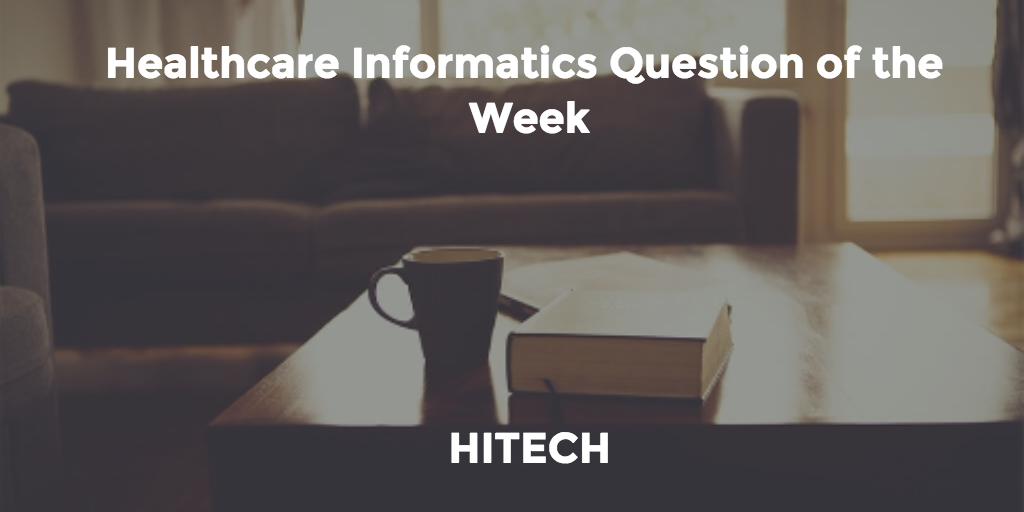The Health Information Technology for Economic and Clinical Health Act (HITECH) is part of the American Recovery and Reinvestment Act (ARRA, also known as the economic stimulus package) of 2009 and has substantially impacted the clinical informatics field.
The discipline of clinical informatics has played a crucial role in healthcare, individual health, public health as well as biomedical studies over the past decade. But HITECH has had influence on virtually every aspect of the clinical informatics field.
The HITECH act:
- Established “meaningful use” requirements for EHRs to receive incentive payment from Medicare/Medicaid;
- Established the role of the Office of the National Coordinator (ONC) for Health Information Technology;
- Established the Health Information Technology policy committee and standards committee;
- Extended HIPAA’s privacy and security rules to business associates of covered entities;
- Established breach notification requirements;
- Established new rules for accounting disclosures of PHI.
HITECH presents hospitals and physician offices with a set of rules on how to implement their electronic health records (EHR). HITECH acts as a force that sets new modern standards for health data and clinical informatics. It also sets rules for privacy and security matters in clinical informatics.
Moreover, HITECH sets the bar for the academic informatics priorities by having an impact on research programs, demonstration projects, and education.
The Clinical and Translational Science Award (CTSA) program of the National Institutes of Health (NIH), in which informatics plays a key role, and the research agendas of the Agency for Healthcare Research and Quality (AHRQ) are greatly impacted by HITECH’s regulations and incentives concerning the active implementation of heath IT, EHR data, the research agenda as well as its impact on curricula in educational plans.
According to HITECH, a meaningful use of EHRs must meet the following requirements:
- Meaningful use of certified EHR technology – The eligible professional demonstrates to the satisfaction of the Secretary, in accordance with subparagraph (C)(i), that during such period the professional is using certified EHR technology in a meaningful manner, which shall include the use of electronic prescribing as determined to be appropriate by the Secretary [excerpt from healthit.gov].
- Information exchange – The eligible professional demonstrates to the satisfaction of the Secretary, in accordance with subparagraph (C)(i), that during such period such certified EHR technology is connected in a manner that provides, in accordance with law and standards applicable to the exchange of information, for the electronic exchange of health information to improve the quality of health care, such as promoting care coordination [excerpt from healthit.gov].
- Reporting on measures using EHR – Subject to paragraph (B)(ii) and using such certified EHR technology, the eligible professional submits information for such period, in a form and manner specified by the Secretary, on such clinical quality measures and such other measures as selected by the Secretary under subparagraph (B)(i) [excerpt from healthit.gov].
But the ultimate goals of HITECH are revolving around improving individual and public health as well as healthcare as a whole. Everything related to HITECH (its requirements, rules, regulations, programs, etc.) have a mission to:
- Improve healthcare quality, safety and efficiency
- Engage patients in their care
- Increase efficiency of care
- Improve the overall health state of people
- Ensure privacy and security in healthcare
Question
Which of the following statements is false?
- HITECH sets new modern standards for clinical informatics
- HITECH has the ultimate goal to improve healthcare quality, safety and efficiency
- HITECH decreases efficiency of care
- HITECH sets rules for privacy and security matters in clinical informatics
Answer and explanation
The correct answer is c) HITECH decreases efficiency of care. In fact, on the contrary, HITECH has proven to increase efficiency in healthcare by setting new modern standards and improving healthcare quality and safety.
